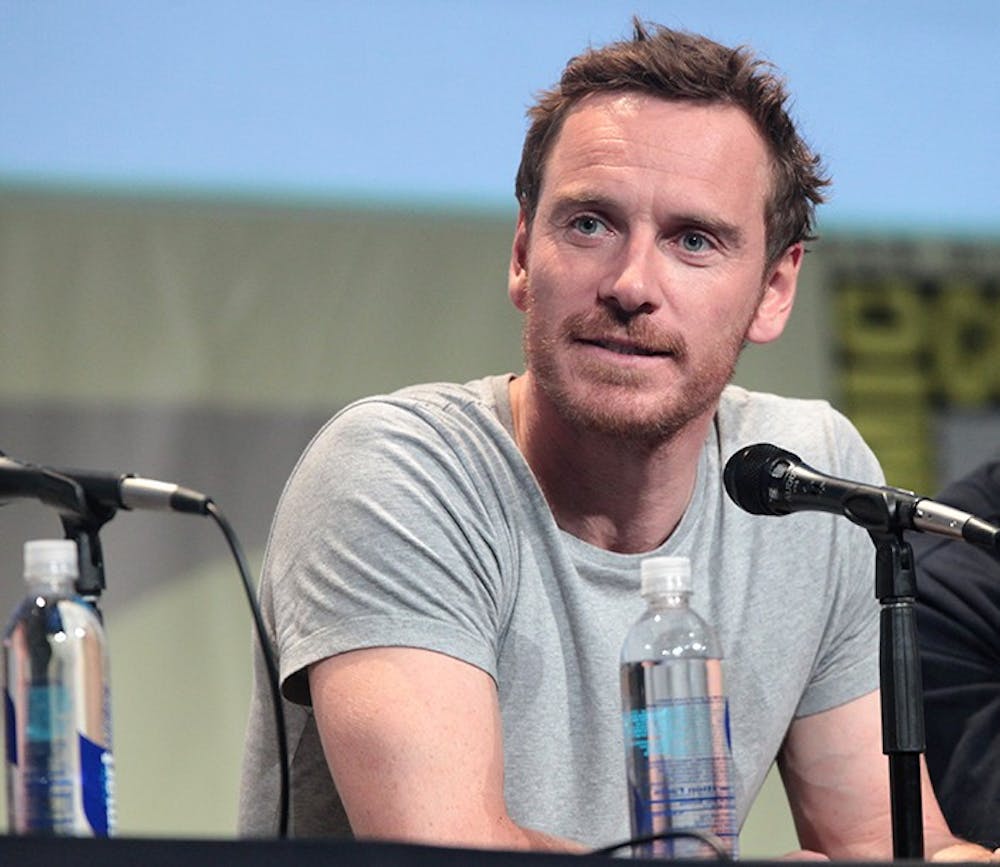The months from October to December are when filmmakers show off their best material for the year. “Steve Jobs” and “Bridge of Spies” showcase the talents that come out in droves during these months leading up to the Oscars.
Steve Jobs
The brilliant visual/acting extravaganza of Danny Boyle’s “Steve Jobs” is the second and last attempt to tell the story of the deceased CEO of Apple. Fortunately, it erases the stink that was “Jobs,” an exercise in confirming that Ashton Kutcher should have stayed in television.
This time around, “Steve Jobs” explains three different periods of Jobs’ life. Boyle takes us to 1984, 1988 and 1998. Each time, Jobs and his team are setting up an event to launch a new Apple product. Naturally, in story-telling fashion, there are problems and the team scrambles to fix them.
Like the previous works of Boyle, “Steve Jobs” is full of detail. Whether it is in the dialogue of screenwriter Aaron Sorkin, the framing or the over-explanation of events, everything orbits around the powerful acting of Michael Fassbender. He does not play Steve Jobs. He is Steve Jobs.
Fassbender is so convincing in his posture, mannerisms and expressions. During one scene, Steve Wozniak, played by Seth Rogen, asks Jobs to recognize the team of the Apple II, but Jobs refuses. This plea comes up multiple times throughout the film, but time is set aside to put things into perspective. Jobs explains that he is like the conductor of an orchestra. He conducts and the band plays.
Much like the many different parts of his Apple team, there are several life situations he has to balance during the systematic chaos. Jobs constantly battles the company’s executive board, refuses to acknowledge that he is the father of his daughter, Lisa, and will not compromise on better ideas that are not his own.
“Steve Jobs” is a wonderful expression of image theory. In order to compliment the excessive explanation of things, interesting cinematography based on blocking, placement of characters and implied shapes is what holds everything together.
The actors are strong, the direction is profound and it is worth a second viewing.
Bridge of Spies
“Bridge of Spies” is a film told through its strong story. Directed by Stephen Spielberg and written by the Coen brothers, “Bridge of Spies” is about the negotiation strategies of James B. Donovan, wonderfully played by Tom Hanks. Events in the film are based on the 1960 U-2 incident of the Cold War, when the Soviet Union shot down a spy plane flown by Francis Gary Powers.
Similarly, Soviet KGB (Russian secret police) spy Rudolf Abel is captured in Brooklyn. He is granted a fair trial, though the FBI and the courts themselves have already made up their minds. Donovan is brought in to defend his case. The problem is that he has not practiced court law in several years. It is a learning experience for himself, for Abel and for the United States.
“Bridge of Spies” is mesmerizing. Every image, every word spoken and every action has weight and importance. Spielberg brings out the best in all of the performers.
The conversations speak of a larger-than-life message, but one that still applies today: No matter how much tension there is between two countries, even when the well-being of others are on the line, things have a chance of being accomplished without using force.
If America ever needs to be taught a lesson, trust in Spielberg and the magic of his movies to leave an impact.


The Slate welcomes thoughtful discussion on all of our stories, but please keep comments civil and on-topic. Read our full guidelines here.